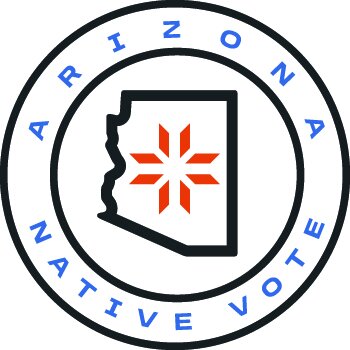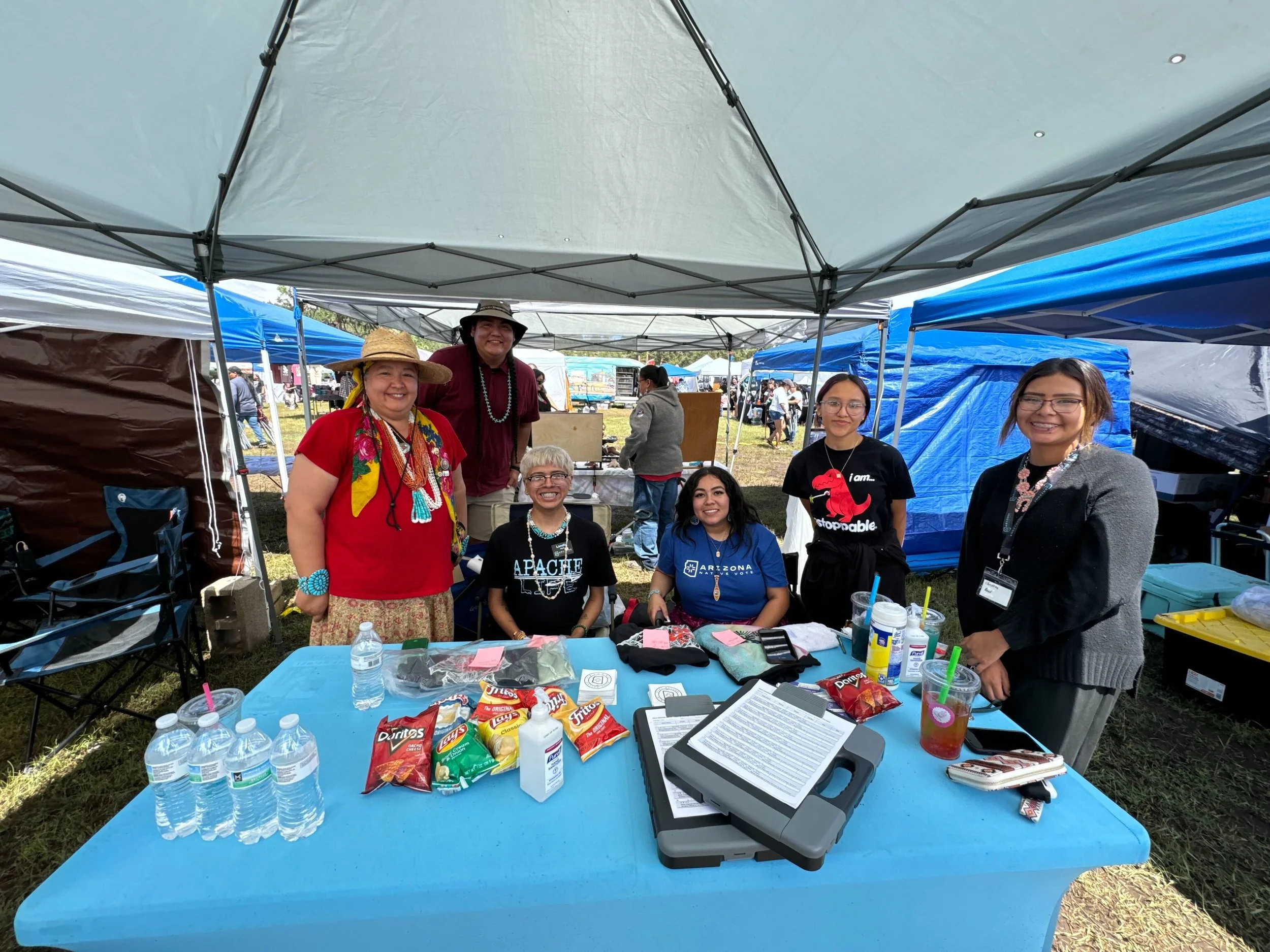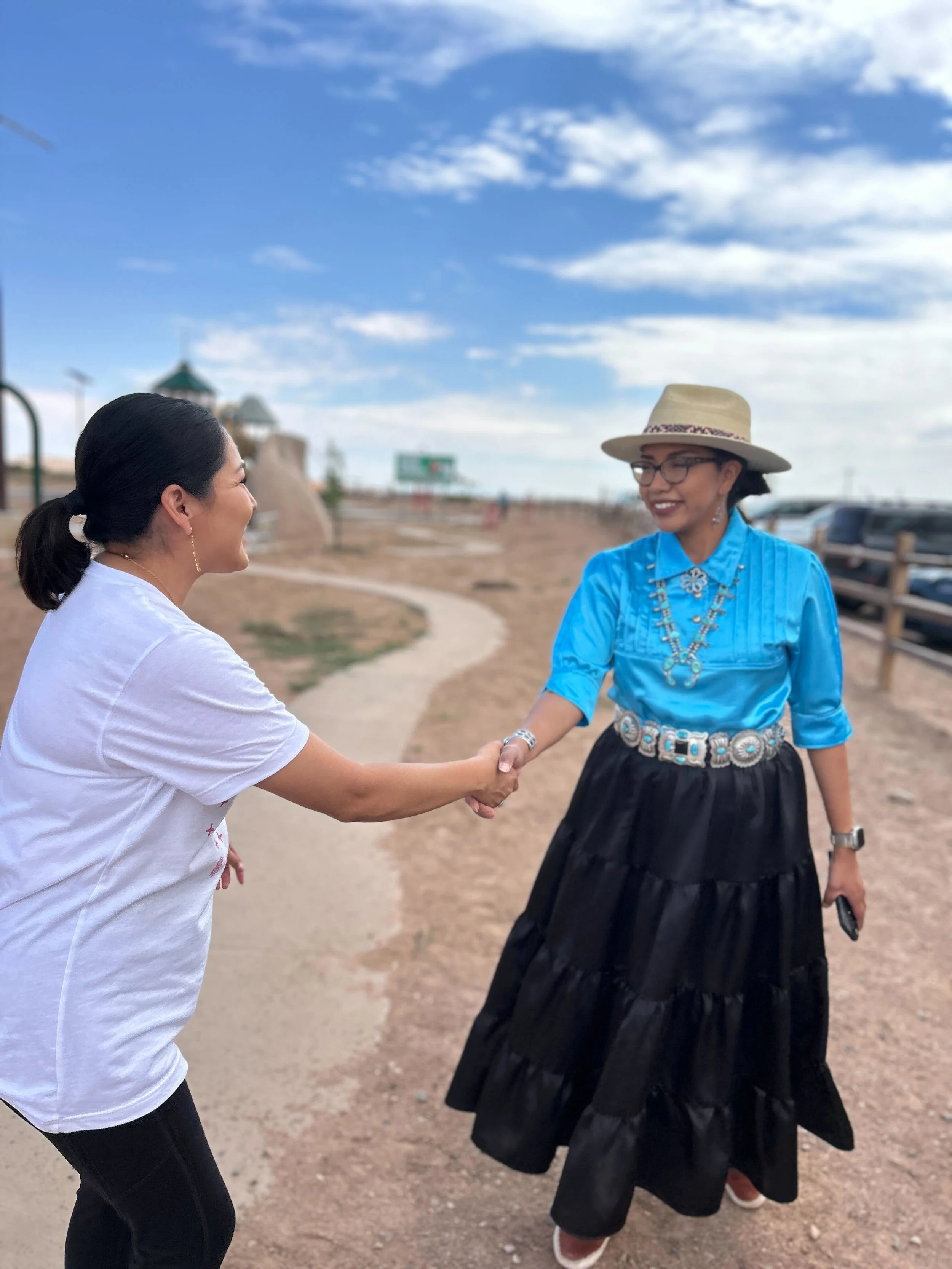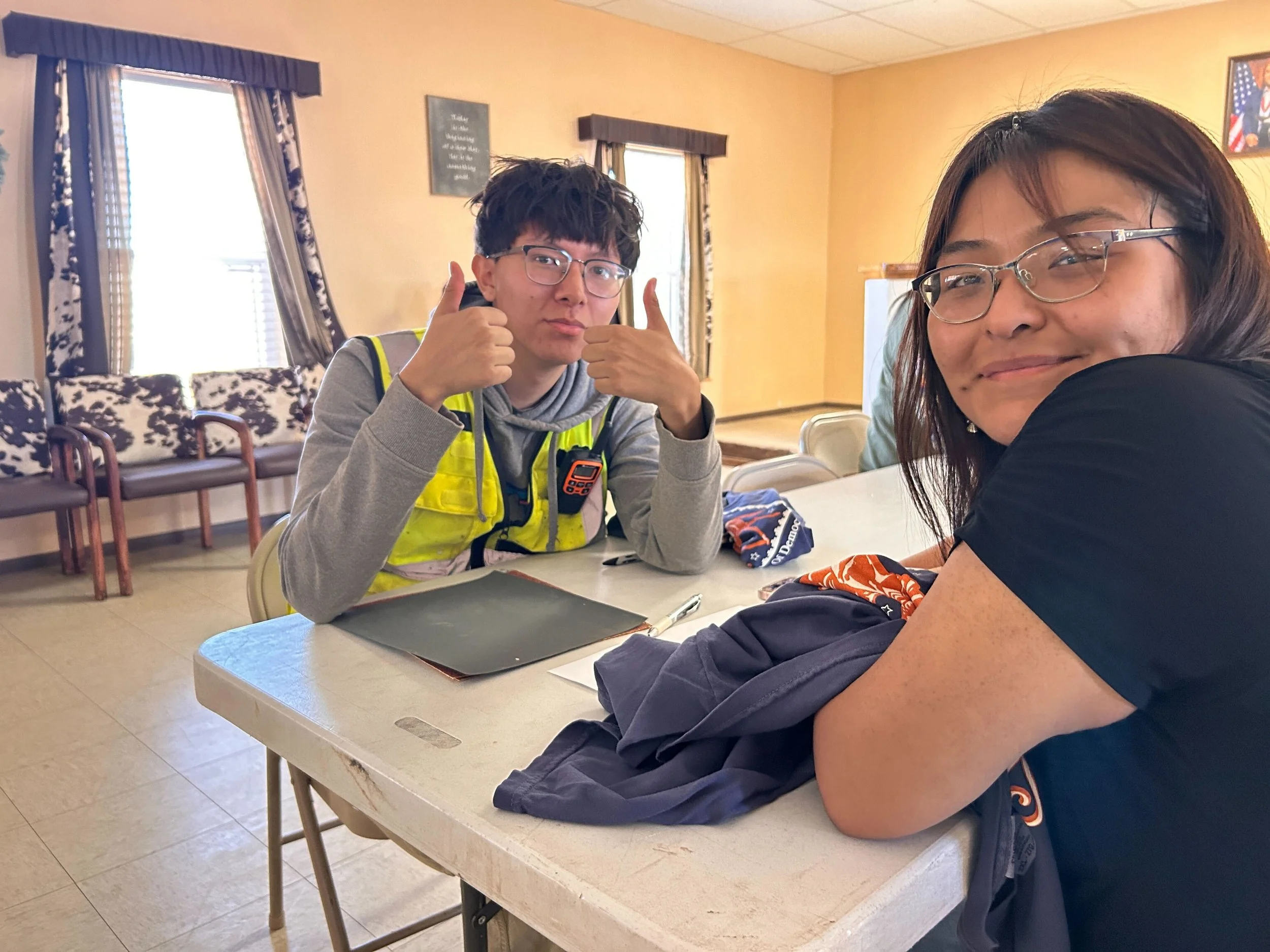Arizona Native Vote Programs
2026 Community Events
Sign up for our 2026 Winter and Spring Events on White Mountain Apache here: Online Sign Up Sheet
ANV Field Organizer, Shara Dosela, will contact you about classes available.
Year-Round Program Summary
Strategy: Build permanent Native voting power on Navajo, Hopi, White Mountain Apache and San Carlos Apache Sovereign Lands, including border towns and nearby rural communities.
Community Programs - Firekeepers, Federal Policy Education Campaign, Finding Home Project, language translation, and mutual aid
Young Peoples Program (YPP) - Indigenous Democracy Class and High School College Fellowships
Field Organizing - Tactics and strategies during election and non-election years
Volunteer Program
Build a bench of organizers, community leaders, and empowered voters; recruit and train more Firekeepers and organizers.
Promote year-round local community knowledge around voter registration, electoral process, election information, and more.
Provide free Indigenous Democracy Class presentations and workshops grades 8 to 12.
Educate voters on tribal, county, state, and federal offices, state and federal policies, election seats, county/state/federal district maps and names, and voter registration process.
Increase voter registration and turnout and help with ballot curing.
Recruit voters to the Active Early Voting List (AEVL) and advocate for early voting
Recruit volunteers and hire local organizers to check voter status, register voters, and engage residents in northeastern Arizona counties. We also a special focus on border towns and high-potential voters.
Carry out community service projects and initiatives that strengthen and support local women and families.
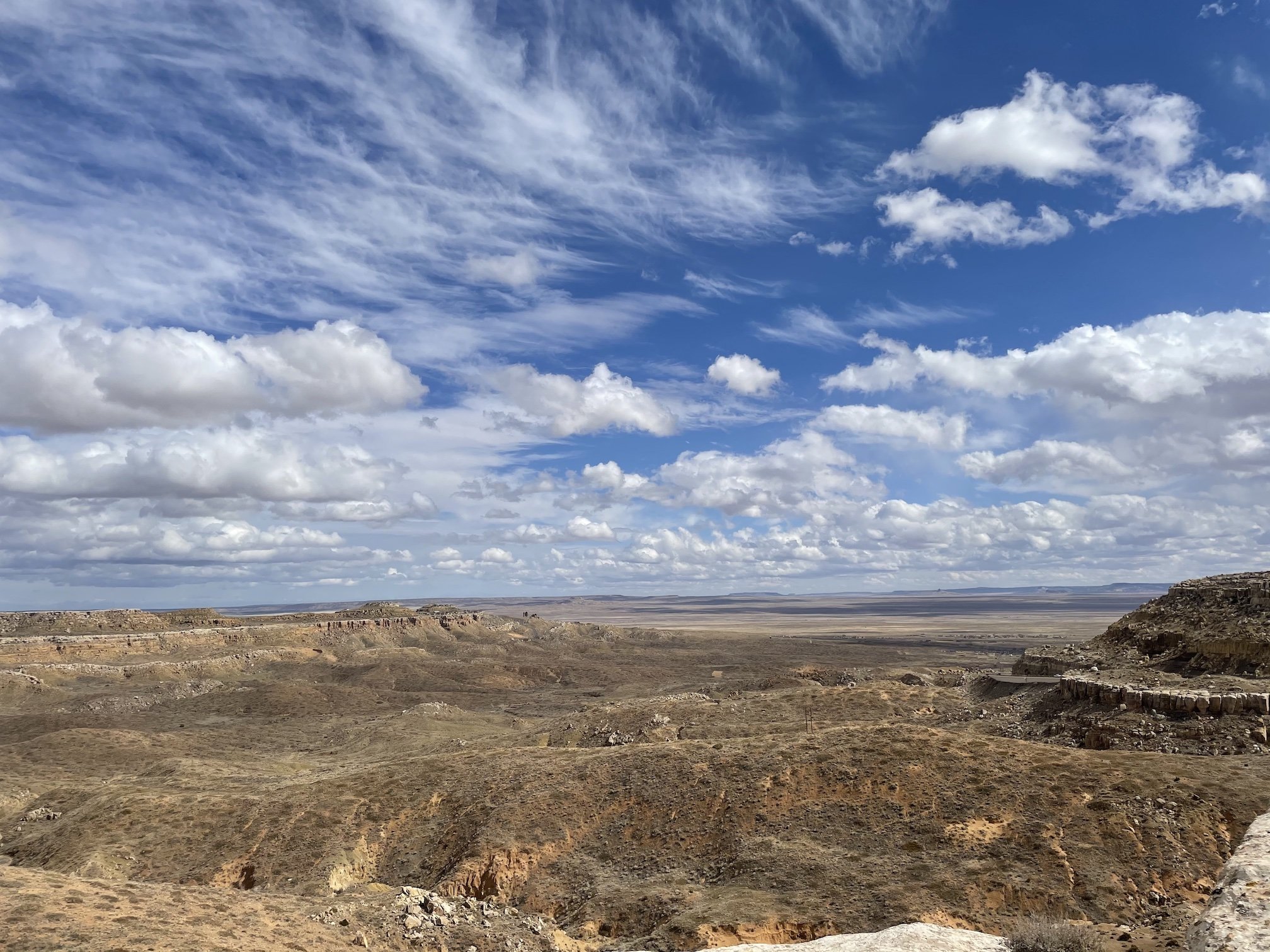
Native-led organizing in our own communities.
Arizona Native Vote reaches potential voters year round.
Tribal and rural organizing requires local organizers to register voters and engage residents year-round to overcome the geographical and structural barriers to civic participation. Our Native field organizers are from the communities they work in. We focus on northeastern Arizona’s rural counties, concentrating on Navajo Nation, White Mountain Apache, San Carlos Apache, and Hopi sovereign lands and border towns. We hope to reach Maricopa and southern Arizona soon.
Our focus is two-fold. First, we train community members, especially culture keepers, to help their family and neighbors to vote. Our community program centers and empowers the traditional role women play in the matriarchal cultures of our communities.
We also focus on engaging high-potential voters who traditionally have been left out of the electoral process.

